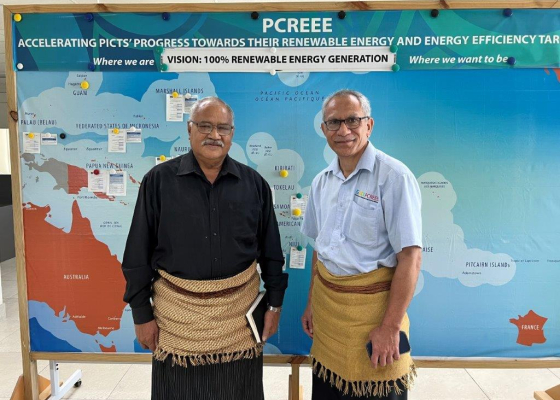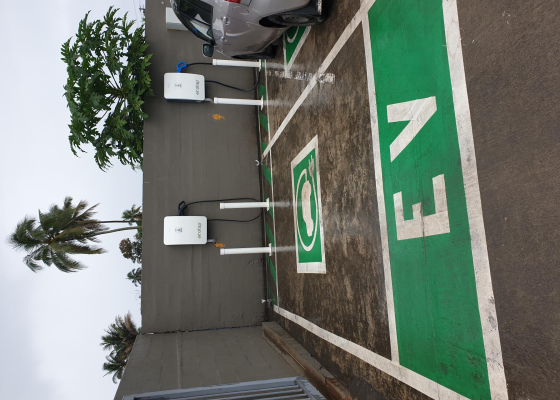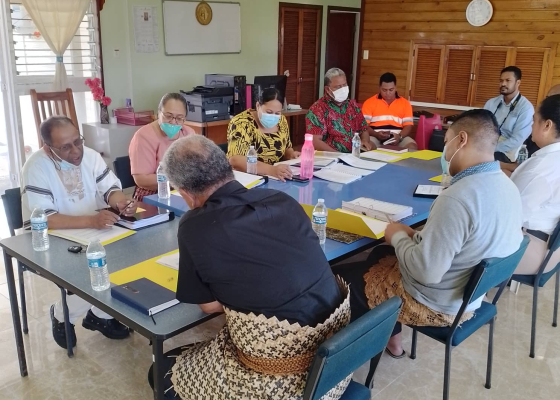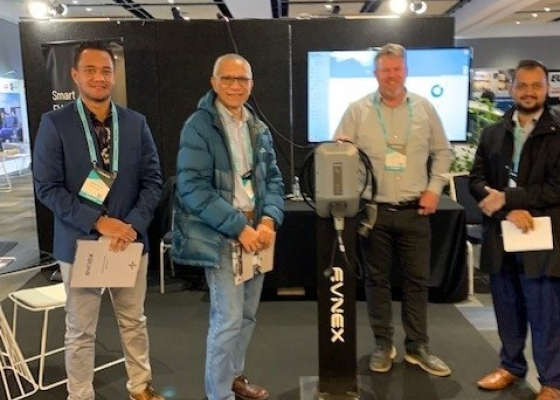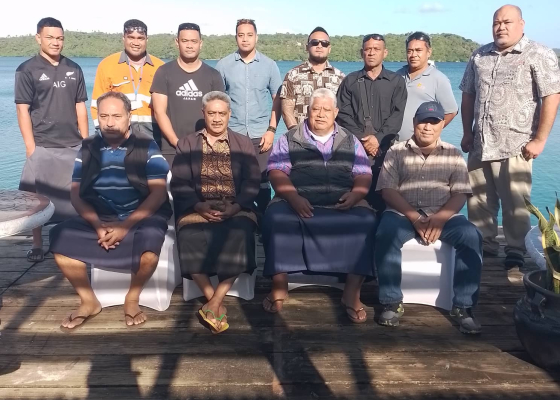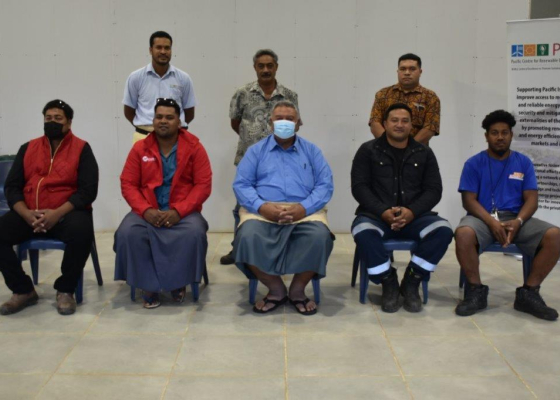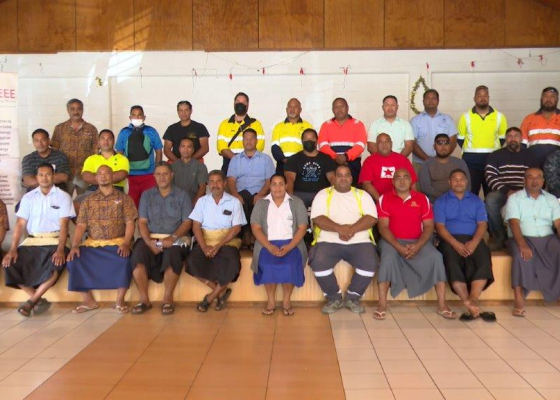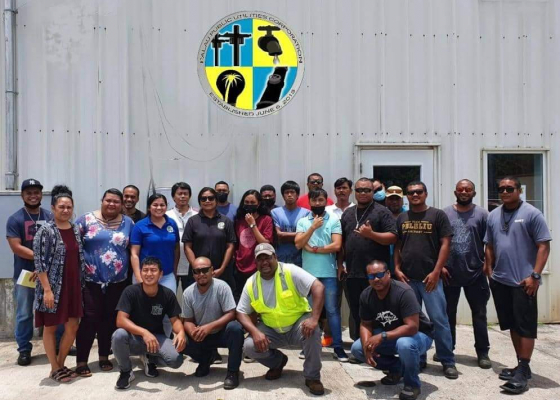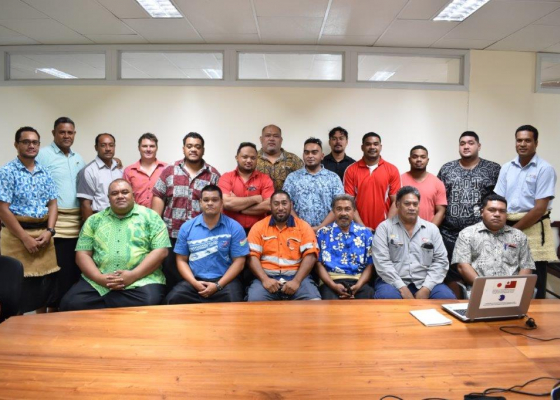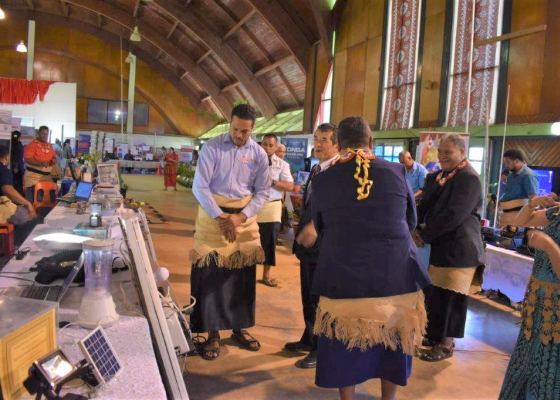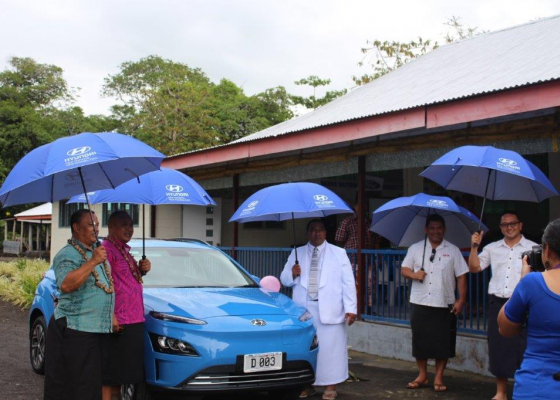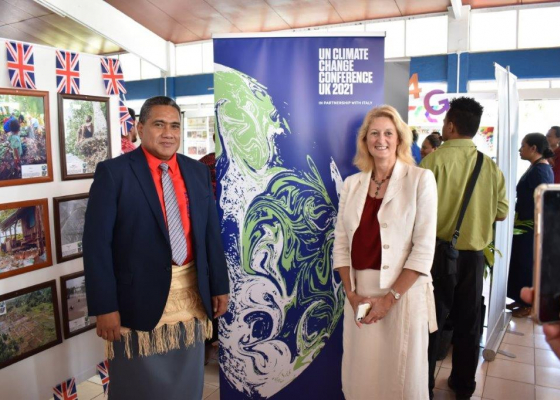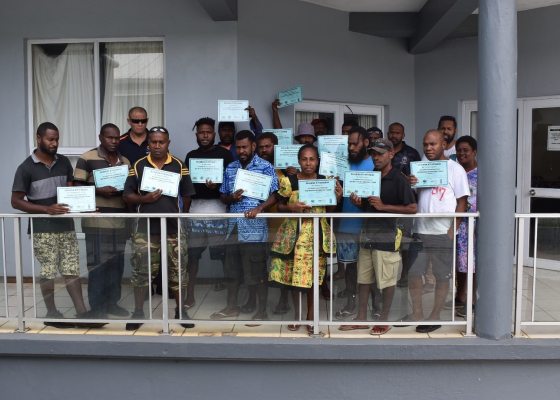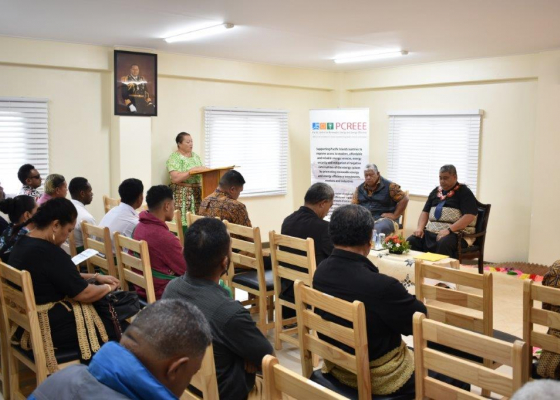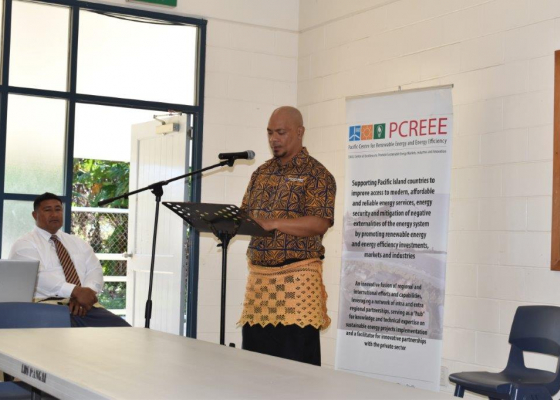Review of fuel subsidies in Kiribati
This report analyses fuel subsidies in Kiribati. It attempts to quantify the subsidies on the three most important fuels in Kiribati – benzene, diesel and household kerosene – using a methodology called the price-gap approach. This method gives rough monetary estimates of subsidies, but is relatively simple to apply and has low data requirements. The subsidies were estimated for 2011–2015, where data were best available, but applying the present day tax regime for estimation instead of the tax regime prior to the 2014 tax reform. This is because the objective of the study was to evaluate the effectiveness of current, not past, subsidy policies.
Kiribati is a country that is highly dependent on fossil fuel imports. All petroleum products, such as diesel, benzene, kerosene, and lubricants are imported into Kiribati and made up 26 percent of the total value of imports in 2013, slightly exceeding the export value of all goods and services from Kiribati. The main uses for the imported fossil fuels are land, sea, and air transport; cooking; lighting; and the generation of electricity. This makes Kiribati vulnerable to changes in international oil prices. Since subsidies on fuels increase their consumption, they also make countries more dependent on oil and more vulnerable to volatility in international prices. The use of renewable energy, such as solar power, has been increasing in recent years but is still fairly modest in Kiribati. There appears to be potential for increasing the share of renewable energy in the country’s energy mix. However, there are concerns that subsidies on fossil fuels may give them an unfair advantage and defer investment in renewable energy.
Upcoming Events
-
03/10/2026
-
03/10/2026
-
03/13/2026
-
03/25/2026 to 03/26/2026
-
03/26/2026 to 03/27/2026







